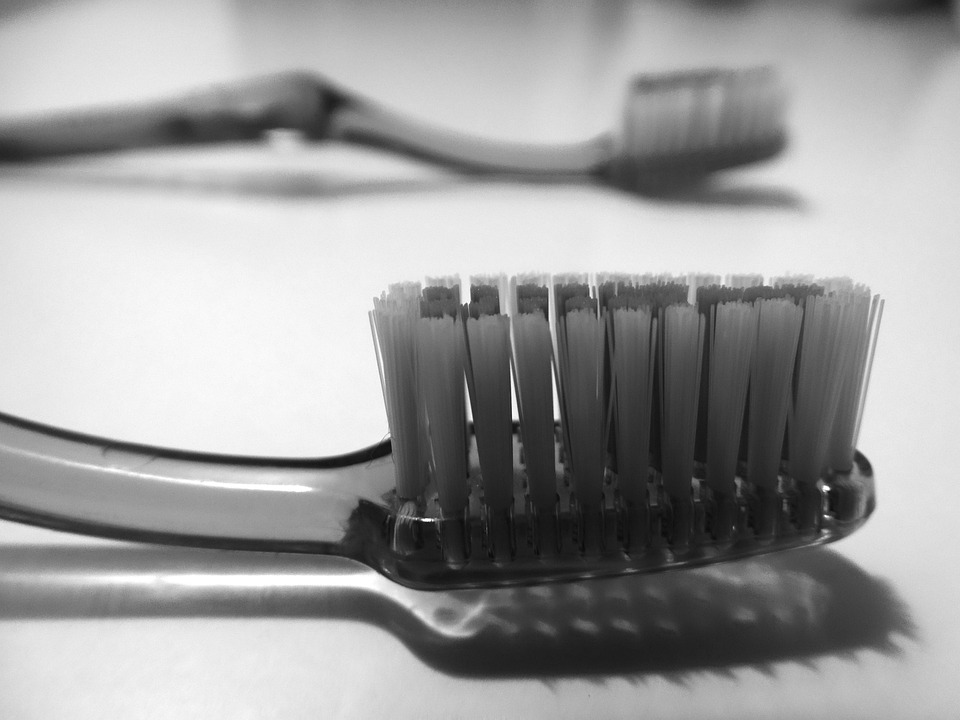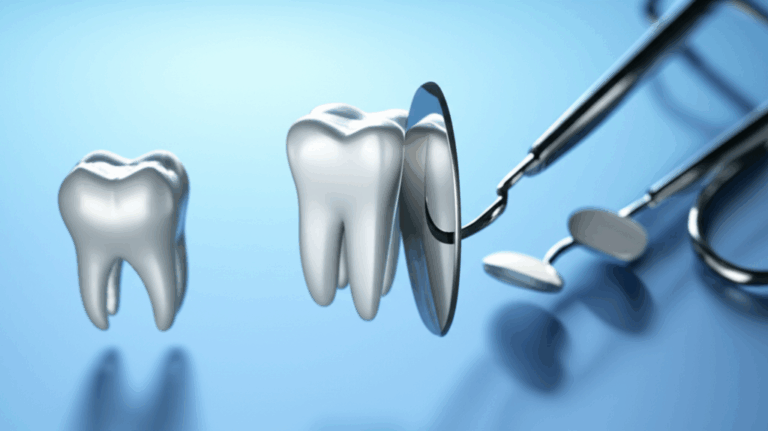
What Factors Influence The Cost Of Dental Implants
If you’ve ever thought about getting dental implants, you probably felt shocked when you saw how much they cost. I know I did. They’re not cheap, and the prices can be all over the place. Ever wonder why your neighbor paid less while your coworker ended up with a really big bill? This article explains why the prices for dental implants can be so different. If you want a strong smile that lasts but you don’t want to pay more than you need to, keep reading—I’ll help you find ways to save money, understand what’s going on, and avoid unwelcome surprises.
Article Outline
- What Makes Dental Implants Expensive?
- How Does Location Affect The Price?
- Does My Dentist’s Experience Matter?
- What Role Do Materials Play?
- Are Lab Fees Really A Big Deal?
- What About 3D Scans And Technology?
- Will Insurance Cover Implant Costs?
- Does The Restoration Type Change The Price?
- Do I Need Extra Procedures?
- Is Dental Tourism Worth It?
- Summary: The Essentials You Can’t Forget
What Makes Dental Implants Expensive?
When I checked into dental implants, the cost surprised me. I thought, “It’s just a fake tooth—how hard can it be?” But actually, there’s a lot involved. First, there’s a small surgery. The dentist has to put a metal screw into your jaw. Later, they add the fake tooth on top. All of this takes skill and equipment that isn’t cheap.
Then, you have steps before the surgery—like X-rays, dental scans, and careful planning. Every step adds more to the price. Dental implants aren’t just a thing you buy—they’re a bunch of steps that take time, work, knowledge, and expensive stuff. That’s why the final price is high.
How Does Location Affect The Price?
You might not realize how important it is where you live. I live in New York, and my dentist wanted to charge almost twice what my cousin paid in Ohio. Why is that? It’s because where you live affects how much everything costs. Dentists in big cities pay more for rent, helpers, taxes, and power, so they often charge patients more.
It’s not just busy cities either. Sometimes, if there aren’t many dentists who do implants, the price goes up because there’s less choice. If you have several places to pick from, prices might come down since they compete.
Does My Dentist’s Experience Matter?
Would you trust a beginner to drill in your jaw? I wouldn’t. Dentists with more experience usually charge more because they’ve done lots of training and have good records. You’re paying for their time, but also for all they’ve learned over the years.
But, that doesn’t mean you always have to choose the most expensive doctor. Some newer dentists have lower prices just to get more patients. Still, mistakes could mean you need to pay for fixing problems later on—no one wants that.
What Role Do Materials Play?
The things that make up your implant are more advanced than you think. The main piece is usually metal, like titanium, but sometimes labs use strong white ceramic called zirconia. Zirconia doesn’t cause allergies and looks natural, but it can cost more.
Then, you have the top part—the tooth you see. Not everyone realizes there are different materials for this. Some labs, like emax dental labs, use fancy ceramics for good looks and strength. Cheaper crowns exist, but they might not look as real or last as long. Often, paying more for better materials is a good idea for your mouth.
Are Lab Fees Really A Big Deal?
Yes, they’re important! When you get an implant, your dentist sends details to a dental lab, which makes your new tooth. These labs often use advanced tools and skilled workers. Not all labs are the same. For example, a china dental lab might have lower prices, while a local zirconia lab uses top-quality ceramics and close checks, so the price is higher.
Some offices use 3d dental labs to make sure your implant fits perfectly. Using better labs usually raises the cost, but your tooth may feel and last better in the end.
What About 3D Scans And Technology?
It can feel pretty high-tech when your dentist uses a 3D scanner to show you your jaw on a screen. These tools help find problems before the surgery and make everything more exact. But all these fancy machines cost dentists a lot of money, so part of that goes in your bill.
Things like 3D pictures, digital scanning, and even robot helpers can make the results better. Offices that only use old-fashioned X-rays may charge less, while those with the newest 3d dental labs and planning charge more. If the extra cost means my new tooth is safer and fits right, I think it’s worth it.
Will Insurance Cover Implant Costs?
This is the part that hurts: most dental insurance in the US does not pay for dental implants. I found this out the hard way. Some plans might help pay for the tooth part, but not the metal screw or the middle piece. A few plans might cover pulling a tooth or adding bone, but covering the whole implant is really rare.
If your plan helps at all, that’s lucky—but be sure to check if there are limits or waiting times. Make sure to get a full list of what’s covered before you start. Sometimes medical insurance can help if you need an implant because of an accident or health reason. Always read what’s covered closely.
Does The Restoration Type Change The Price?
This is something many people miss. Not every dental implant is the same. Are you getting just one tooth replaced, or many at the same time? Do you need a bridge, or are you getting all your teeth fixed with something like “All-on-4”? More complicated work takes more parts and time, so the price goes up.
The kind of replacement—like crown, bridge, or denture held by implants—also changes the cost. Some types and styles, like the ones from emax dental labs, are stronger and look nicer, but cost more. If you want your teeth to look perfect, you might have to pay extra.
Do I Need Extra Procedures?
Honestly, I didn’t know my jaw needed work before I could get an implant. A lot of people, especially older adults or those with missing teeth for a long time, need bone added before the implant. These extra steps can push the price way up.
Other things, like pulling out teeth or lifting sinuses, can sound scary, but may be needed for the best result. When you look at different prices, always ask if these extra parts are included—you don’t want a bad surprise later.
Is Dental Tourism Worth It?
I thought about going to another country for implants. Some buddies said they got cheap teeth overseas through china dental labs. Yes, places like Mexico, Hungary, or Thailand can charge a lot less than the US. Many people like the savings, the nice hotels, and even get a vacation while they fix their teeth.
But—here’s the problem—there are risks. What if something goes wrong? Will you fly back to fix it? Is the quality really as good as a certified zirconia lab or 3d dental lab near you? Sometimes you save a lot, but other times you might lose those savings if you must fix problems or pay to travel again.
Summary: The Essentials You Can’t Forget
No two dental implant quotes are the same, and there’s a good reason. There’s no simple “one price for everyone.” The cost depends on a mix of skill, science, where you live, materials, and even which lab your dentist uses.
Let’s make it simple:
- Dental implants are expensive because you pay for surgery, planning, and advanced materials.
- Where you live changes the price. Big cities cost more.
- Your dentist’s skills and experience matter—you mostly get what you pay for.
- Material choices, like zirconia or emax ceramics, raise the price but can look better and last longer.
- Lab costs are important; high-tech places like 3d dental labs cost more but often give better teeth.
- High-end technology (digital scans, 3D planning) adds to the cost, but helps a lot.
- Insurance usually doesn’t pay much for implants, so look at your coverage first.
- More complicated replacements and extra work make your bill bigger.
- Going overseas for implants can save money, but there are risks.
The Most Important Things To Remember
- Get a full, clear quote so you know what you’re being charged for
- Ask about any possible extra steps before you start
- Pick materials and labs that have good results—even if they cost more
- Don’t skip the first meeting: good dentists can save you trouble and money in the long run
- Think about all the costs, including fixes and check-ups, not just the first surgery
- Remember: a happy, confident smile is worth a lot—but smart people only pay what’s fair
Take your time, ask questions, and choose carefully. Your future smile will be glad you did.








